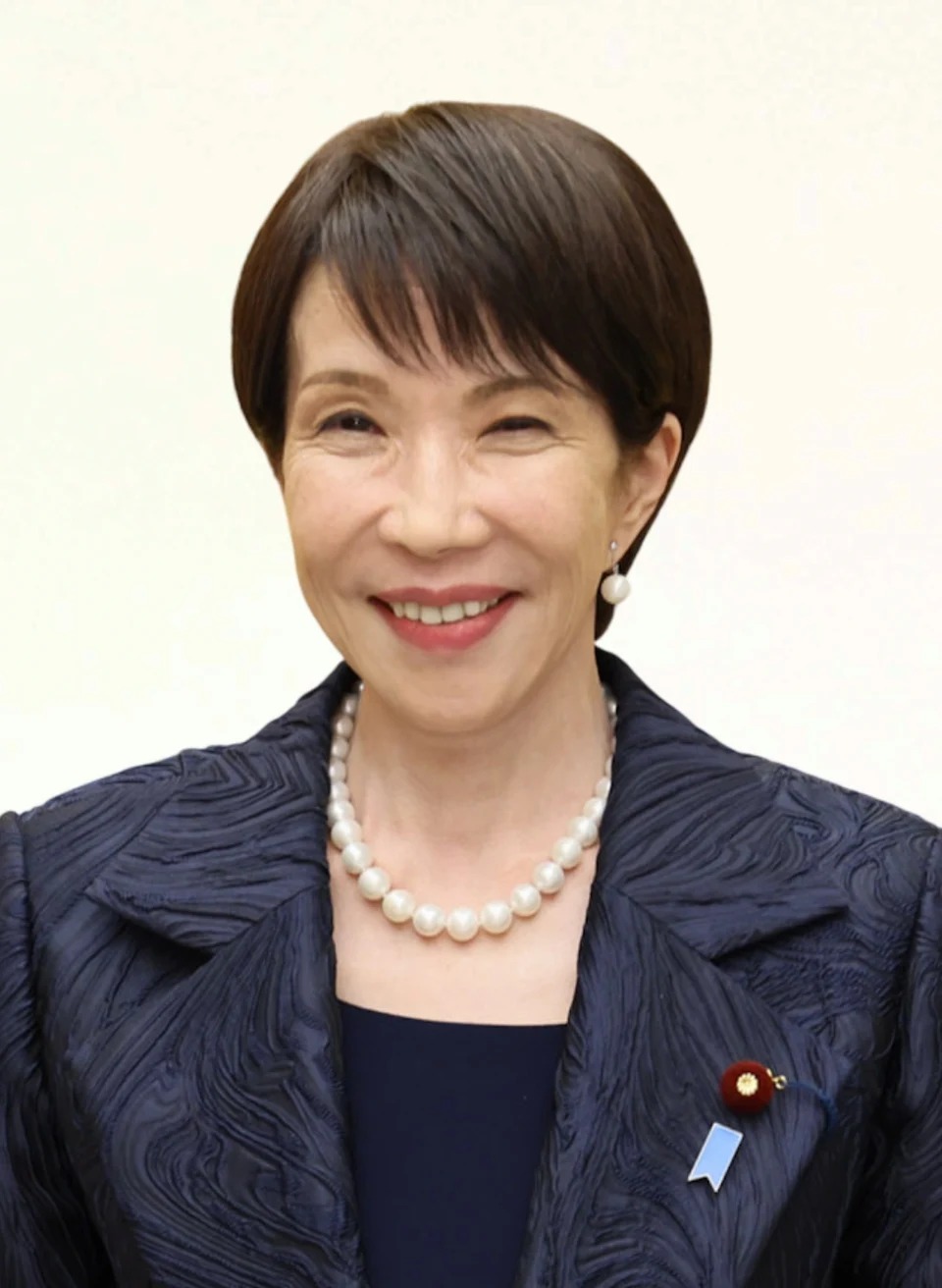For the first time in its modern history, Japan a nation long marked by political conservatism and entrenched gender hierarchies has elected a woman as Prime Minister. The rise of Sanae Takaichi marks not only a symbolic milestone but also a defining test of Japan’s readiness to embrace change.
Japan has entered a new chapter one that challenges centuries of tradition. For the first time, a woman now leads the world’s third-largest economy, a nation often seen as a paradox between modern innovation and conservative politics. The election of Sanae Takaichi as Japan’s first female Prime Minister represents a turning point that transcends gender symbolism. It reflects a gradual but decisive shift in the country’s political and social consciousness.
Over the course of three decades, Takaichi built her reputation as one of Japan’s most disciplined and determined political figures. She has held several high-ranking cabinet positions, notably serving as Minister of Internal Affairs and Communications under the late Shinzo Abe and later as Minister of Economic Security under Fumio Kishida. These portfolios established her image as a detail-oriented and tough policymaker, deeply rooted in the conservative wing of the Liberal Democratic Party (LDP).
Ideologically, Takaichi’s politics reflect traditional nationalism. She supports constitutional revision, particularly the amendment of Article 9, which restricts Japan’s military capabilities. She defends traditional family values, opposes same-sex marriage, and has resisted calls for female imperial succession. These positions divide public opinion drawing criticism from progressives but loyalty from right-wing voters who see her as a guardian of Japan’s moral and cultural identity.
Yet, Takaichi’s leadership cannot be reduced to ideology alone. In her first address to the Diet, she declared, “Japan is innovative, fair, and open to the world.” Her vision for governance revolves around economic innovation, technological transformation, and green growth. Central to her message is the belief that gender inequality is not merely a moral question but a national one. Her policies promise to strengthen women’s participation in the workforce, improve parental leave systems, and promote female representation in politics all areas where Japan has lagged behind other developed nations.
In foreign policy, Takaichi’s stance blends pragmatism with principle. She reaffirmed Japan’s strategic alliance with the United States, while also emphasizing the importance of dialogue and regional stability in relations with China and South Korea. Her speeches have underscored Japan’s duty to defend democracy and uphold international law, particularly amid growing tensions in the Indo-Pacific.
Her election has sparked both excitement and skepticism. Among young voters, especially women, she represents progress and possibility a symbol that Japan can evolve without losing its identity. For conservative circles, she embodies continuity and national pride. Still, questions remain: how far can a leader from within the establishment transform that very establishment? Can she reconcile Japan’s deeply rooted traditions with the imperatives of inclusion and innovation?
Takaichi appears aware of these contradictions. Shortly after her election, she remarked: “Leadership is not an ideology or an identity it’s a responsibility.” Those words reflect the balancing act she must perform navigating between reform and restraint, between Japan’s past and its unfolding future.
For Japan, this is more than a political transition. It is a cultural milestone — a reimagining of what leadership looks like in one of the world’s most tradition-bound democracies. The rise of Sanae Takaichi will test whether Japan’s society and institutions are ready to match its rhetoric of modernization with true inclusivity.
For now, the world watches with anticipation. A woman is leading Japan, and with her, an entire generation measures the possibilities of a more balanced, forward-looking nation.





